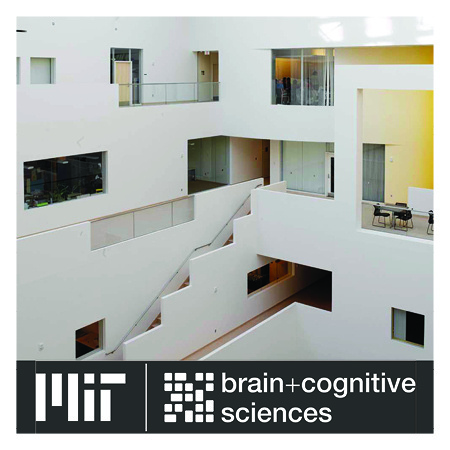
Maddie Cusimano Thesis Defense: Listening with generative models
Description
Advisor: Josh McDermott
Title: Listening with generative models
Abstract: This thesis extends classic traditions in perception by leveraging contemporary tools to build and apply rich generative models that describe what we hear. First, I present a hierarchical Bayesian auditory scene synthesis model to address the perceptual organization of sound into sources and events. We aimed to bridge between classical auditory scene analysis phenomena and everyday sounds, asking whether common generative principles could explain auditory scene analysis in both cases. We tested the model by having it listen to a variety of auditory scene analysis illusions and found that its judgments matched those of human listeners. Applied to everyday sounds, the model infers valid perceptual organizations. Also, due to its interpretability, the model's failures with everyday sounds were informative: they reveal the necessity of peripheral representations of periodicity, a more expressive model of spectra, and sources that compose multiple sound-generating processes. The next projects address alternative scene analysis problems of everyday physical understanding from sound. We developed methods for the ecological sound synthesis of a set of common object interactions: brief impact sounds and sustained scraping and rolling sounds. Our synthesis combines physical simulation from perceptually relevant variables with a statistical model of material. I discuss future directions for developing inference for these physics-inspired models, learning sound synthesizers, and generating illusions. Given the variety of structured latent-variable generative models investigated through these projects, I conclude by exploring how multiple world models might interact in perception.
Join via Zoom: https://mit.zoom.us/j/98119423884

